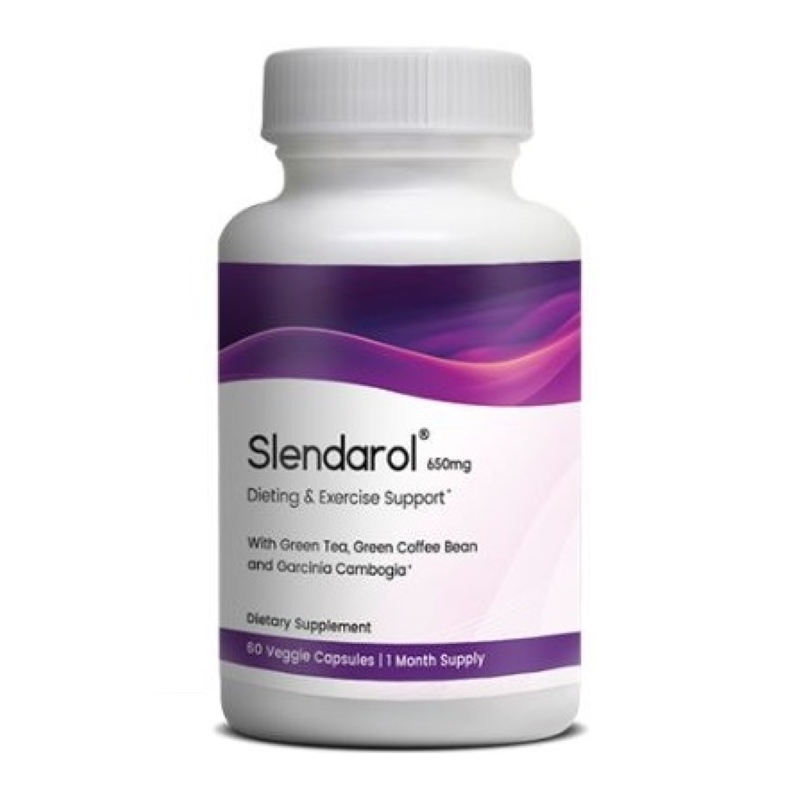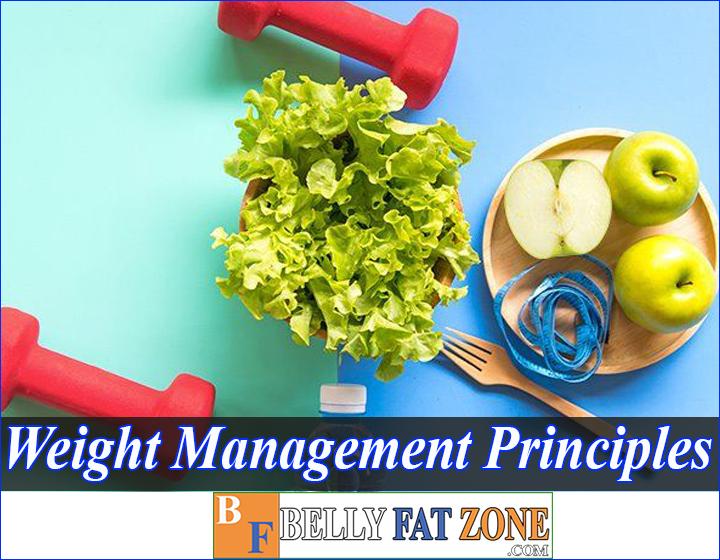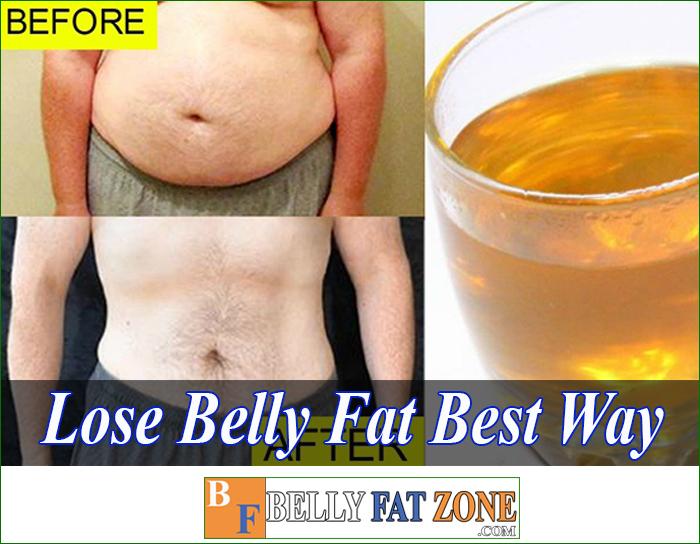Plant protein powder is one of those powders we can easily use to get our body protein when you don't want to get too much protein from animals.
When you search for these protein powders on the internet or e-commerce platforms, you will find many brands from many different places.
And there are quality products there, but also a lot of poor quality products.
These protein powders can be easily and quickly made at home, but what are the powders, and specifically, what their protein content is in this article? Help you understand that, especially for bodybuilders.
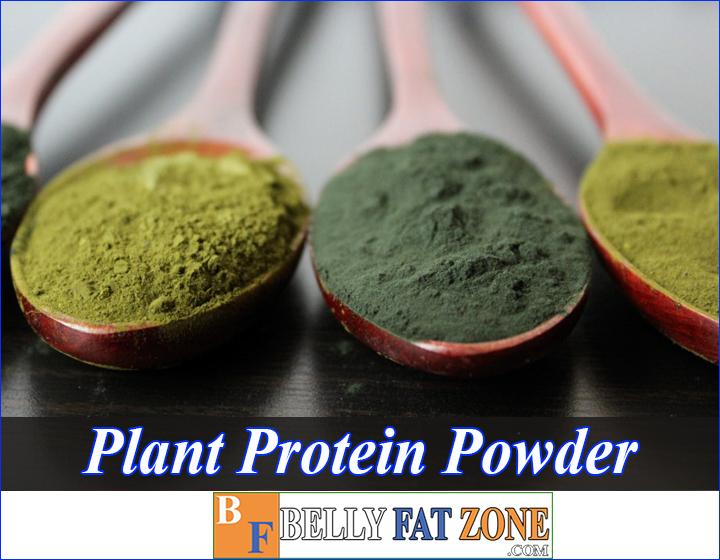
Bodybuilding is now a trend of most people, so if you are a runner, add enough protein and exercise?
Today, Bellyfatzone introduces the 9 best vegetarian protein powders available. Besides a scientific diet, this will be the perfect supplement, helping you stimulate muscle growth and beauty.
Avoiding animal products doesn't mean you can't get your body protein.
Whether you're getting a quick recharge after a workout, you can choose from a multitude of vegetarian protein sources – pure or flavored – to blend with water; products do not contain milk, smoothies, oats, and other foods.
Plant-based foods, such as rice, beans, and sunflower seeds, don't contain as much protein as meat and fish, but food handling processes can remove most of the fat and carbs and isolate the protein sources in these foods to turn them into plant-based protein powders.
List of plant protein powders for vegetarians
Most plant proteins are incomplete protein sources (you can read carefully what is a complete protein article for better understanding).
This means that they do not contain all the essential amino acids to assist in protein synthesis in the body. However, this shouldn't be a problem if you often eat a wide variety of plant-based protein sources.
When selecting vegetarian protein powder products, compare prices by weight. Sources of protein from cereals and beans usually cost only half of the protein from dried seeds.
Brown rice protein
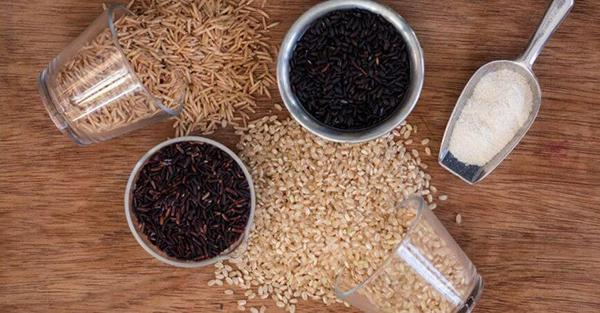
Brown rice protein powder is easy to find and inexpensive.
One 28g dose of this odorless vegan plant protein powder contains about 107kcal and 22g protein, depending on the brand. They contain deficient levels of the essential amino acid lysine but are rich in BCAA's.
Indeed, one preliminary study has suggested that brown rice protein powder may be as good as Whey Protein in its ability to aid in stimulating muscle growth when absorbed after weight training.
In an 8-week study, young men who ate 48g of brown rice protein powder immediately got drunk when they finished weight training for 3 days/week, and both had a 12% increase in arm muscle mass, like the same people who eat the same amount of Whey Protein.
One problem with rice products is the risk of heavy iron-arsenic poisoning (often found in pesticides). Choose brands of extremely low arsenic rice plant protein powders!
Read more: Diarrhea After Whey Protein Shake – How to Treat a Lactose Intolerance?
Soy protein
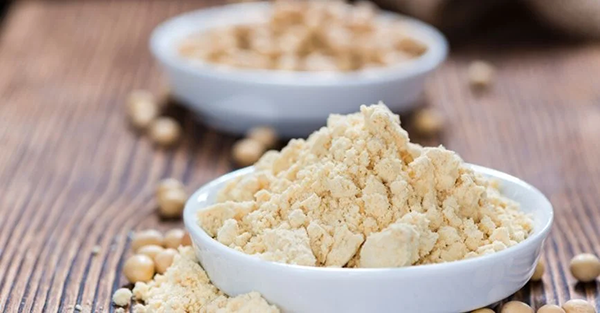
Soy protein powder, especially found in Organic Protein Milk, is a complete protein that is not very common in plant-based protein foods.
Also, it contains a very high level of BCAA to support muscle growth and strength.
A single 28g serving of soy protein isolate powder has about 95kcal and 22g protein, depending on the brand. Also, it contains many other healthy plant compounds, including reducing bad cholesterol in the body.
In recent years, soy protein has fallen out of favor, in part because most soybeans are genetically modified (GM) in the United States. However, there are several brands of non-GM soy protein powders that you can buy.
Other causes of soy protein not being used anymore are the risk of allergies and negative health concerns, such as breast cancer risk.
However, a recent review stated that soy protein contains plant compounds that help fight cancer, including against the risk of breast cancer.
This review also found that soybean safety concerns are based on animal studies but are not consistent with humans.
This means that it's best to use various vegan protein powder sources rather than just one all day.
Sunflower seed protein
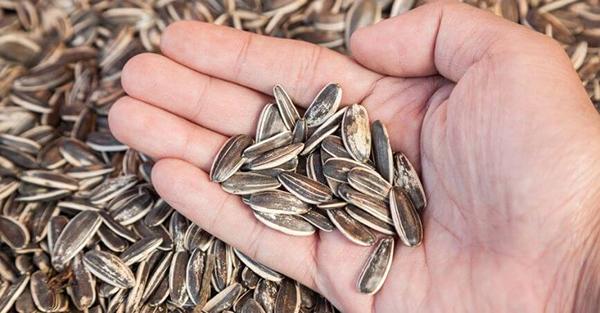
The sunflower seeds isolated protein is the new organic plant protein powder option. A single 28g serving of sunflower seed protein powder provides around 91kcal, 13g of protein, depending on the brand, and provides many BCAAs.
Like many other nuts, it contains very little content of the essential amino acid lysine.
However, it contains a lot of other essential amino acids. To improve the lysine content, sunflower seed protein should sometimes be combined with quinoa seed protein powder to form a complete protein mixture.
No studies compare the health effects of sunflower seed protein with other cleaved plant protein sources on animals or humans.
Read more: How to Make Protein Bars at Home for Weight Loss?
Sacha Inchi Protein
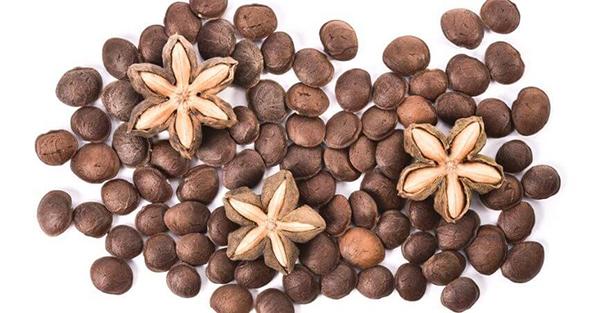
What is Sacha Inchi is the article you need to read right away. Here, you need to know that this is the sachi that people often say in. This protein comes from the 5-pointed star seed, commonly grown in Peru and.
Since the current supply has become more popular, the price is not as high as it used to be.
A single 28g dose of Sachi seed protein powder has around 120kcal and 17g protein, depending on the brand. It is also a good source of essential amino acids, except lysine.
A group of crossbow people was given 30g of Sachi seed protein powder, and it also gave the same effect as a soybean protein powder in protein synthesis in the body.
The Sachi seed protein is also a source of the essential amino acid arginine, which helps the body form nitric acid. This acid stimulates arteries to expand, improves blood flow, and lowers blood pressure. This unique plant protein also provides omega-3 fat ALA, which improves heart health.
Chia seed protein
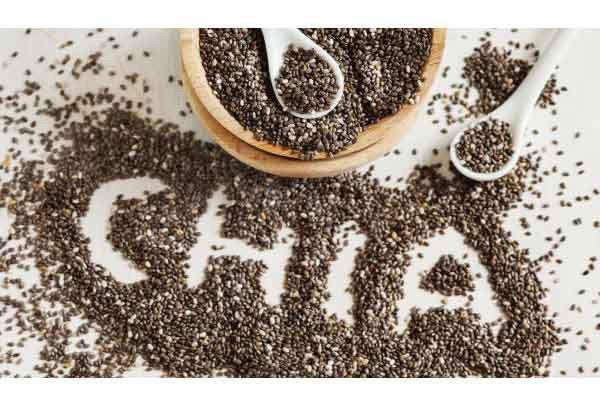
Chia seeds are native to South America. They have become an important part of everyday diets, such as smoothies and baked goods, but can also be made into chia seed protein powder.
A single 28g dose of chia seed protein powder contains about 50kcal and 10g protein, depending on the brand. Like other seed-derived proteins, this contains very little content of the essential amino acid, lysine.
Powdered protein can improve its absorption. In a test-tube study, chia seed protein digestibility was only 29%, compared with 80% of chia seed protein powder. This means that the body can absorb more amino acids.
Besides protein, chia seed powder also contains about 8g of fiber per serving and a large number of vitamins and minerals, including vitamin b7 and chromium.
Mixed vegetable proteins
Plant protein is often combined in different powder form and sold in blends.
Often these mixes have added flavors and sweeteners. One of the advantages of this vegan-based blend of plant protein is that it can provide optimal all the essential amino acids that a product cannot do.
For example, pea protein can be combined with brown rice protein. Pea protein provides lysine, while brown rice protein is deficient. In contrast, brown rice protein provides methionine, while pea protein contains very little of this amino acid.
Quinoa seed protein is often used in combination with other vegetarian protein sources. This is one of the complete sources of plant protein.
Pea Protein
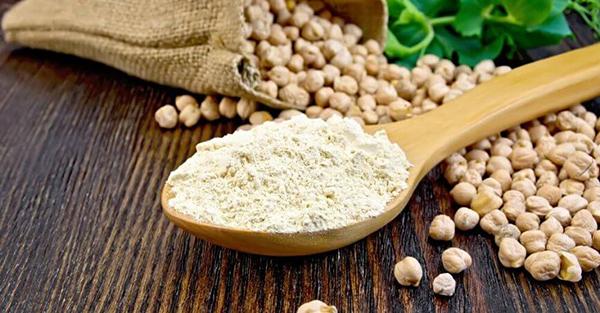
Pea protein is not made from green peas but another extremely high protein, the Yellow Split Peas. These are the peas that have been dried, peeled, and split to reveal the yellow inside.
A single 28g dose of odorless pea protein powder usually contains about 21g protein and 100kcal, depending on the brand. Like many other legumes, it contains very little of the essential amino acid Methionine.
However, pea protein contains many BCAA content, including Leucine, Isoleucine, and Valine; we have written very carefully what BCAA is and how it works for you to understand. These 3 amino acids will help replenish muscle cells and stimulate the body to produce muscle protein.
In a 12-week study, 161 men ate 25g of pea protein twice daily, including right after weightlifting.
The weakest participants experienced an increase in arm muscle thickness by up to 20%, compared with only 8% of the regular eating group.
Also, people who eat pea protein can gain lean muscle mass, similar to those who buy Whey Protein.
Human and animal studies also recommend that pea protein stimulates a feeling of fullness and reduces blood pressure.
Hemp Protein
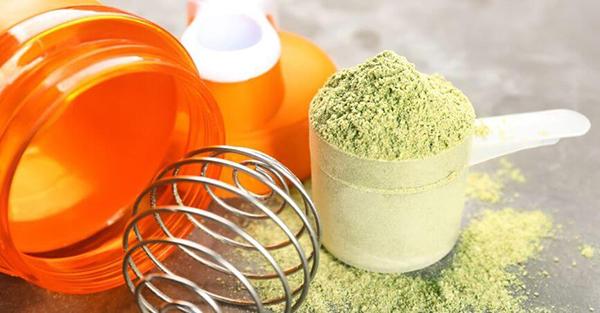
Bellyfatzone has prepared an article What is Hemp Protein to help you understand the whole problem!
It comes from the seeds of the cannabis plant but comes from a variant grown to contain minimal THC. This will not make you addicted to the same addiction to marijuana.
A single 28g dose of odorless hemp protein powder usually contains around 12g protein and 108kcal, depending on the brand. Also, it contains a lot of fiber, iron, zinc, magnesium, and ALA acid, a form of plant omega-3 fats.
Since hemp is very low in the essential amino acid lysine, it is not a complete protein source. However, if you often eat beans or quinoa, you can completely make up for this deficiency.
Test-tube studies have recommended hemp seed protein as a precious source of blood pressure-lowering compounds. However, its effects have not been tested in humans.
Read more: What Is Hemp Protein? How to Use It Effectively?
Pumpkin seed protein
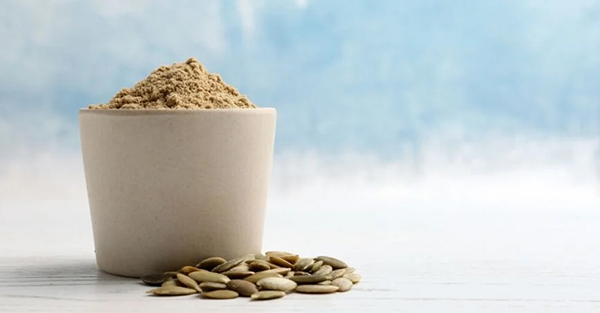
In their primitive form, pumpkin seeds are often loaded with protein and good fats. When made into a powder, most of its fats are removed to reduce calories.
A single 28g dose of odorless pumpkin seed protein provides about 103kcal and 18g of protein, depending on the brand. It contains minimal essential amino acids, threonine, and lysine; it is not a complete protein.
Also, pumpkin seed protein is very rich in nutrients and provides high magnesium, zinc, iron, and many other minerals and other useful plant compounds. Several studies have been conducted analyzing the health benefits of pumpkin seed protein, but there is still evidence that it has antioxidant and anti-inflammatory properties.
When mice with liver disease were given pumpkin seed protein powder, liver health improved, compared to mice given only casein.
Besides, rats that ate pumpkin seed protein powder typically had a 22% decrease in bad LDL cholesterol in the body and a 48% increase in blood antioxidant levels, compared to the casein-only group.
In short, those are all the highest quality vegetarian plant protein powders available today. If you are a vegetarian and still like to build muscle mass, combine 2 or more of the above protein powders!
High Protein Vegan Smoothies | 30+ grams of plant-based protein
https://www.youtube.com/watch?v=R1C0k5wUoIw
Top Nutrition Plant Protein Powders On The Market
View more:
- Omega 3 Weight Loss Review – Is It Really Like a Dream?
- Soluble Fiber Foods You Should Be In The Kitchen For The Great Benefits
- Top 7 Ways Turmeric Powder Drink For Weight Loss You Should Know
References
Hopefully, the information above has helped you gain some more knowledge about “plant protein powder” and bring some small value. Please share this article if you feel it is useful. Thanks!





